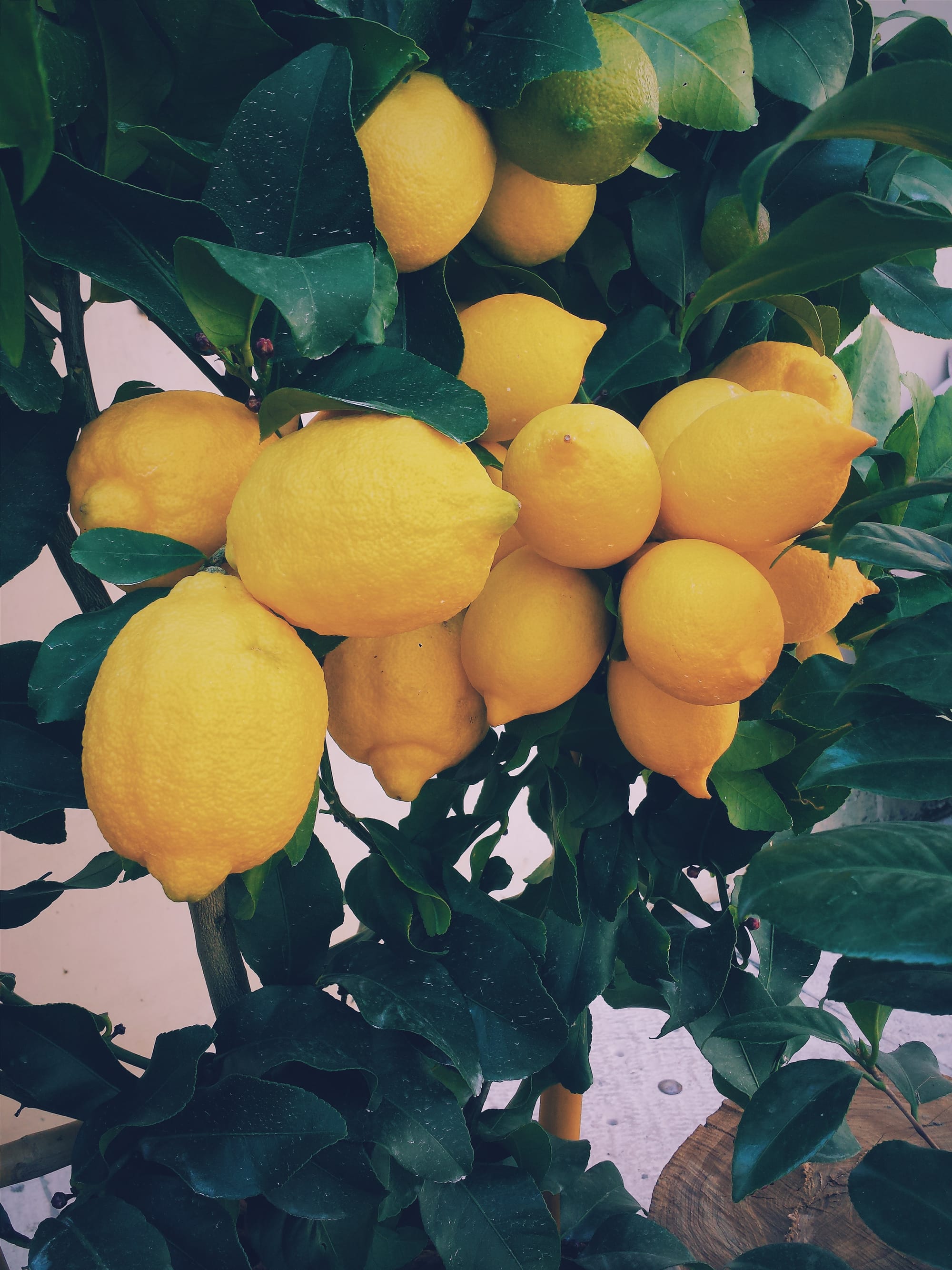
Ah, collagen, that elusive fountain of youth that everyone from your favorite skincare brand to your wellness-obsessed coworker seems to be raving about. But what exactly is it? Is it the magic potion it's made out to be?
What is Collagen?
Collagen is the most abundant protein in your body, accounting for about a third of its protein composition. It’s a hard, insoluble, and fibrous protein that makes up one-third of the protein in the human body. Collagen is literally the glue that holds us together—its name comes from the Greek word "kólla," meaning glue. It's found in bones, muscles, skin, and tendons, where it forms a scaffold to provide strength and structure.
Types of Collagen
There are at least 16 types of collagen, but the majority of the collagen in your body consists of types I, II, and III. These types provide structure to our skin, bones, tendons, fibrous cartilage, connective tissue, and teeth. Collagen is a multitasking hero!
Why is Collagen Important?
- Skin Elasticity and Hydration: Collagen is famed for its ability to promote glowing, vibrant skin. This protein is essential for maintaining skin elasticity, and its abundance helps keep the skin looking youthful and wrinkle-free.
- Joint and Bone Health: Beyond beauty, collagen is crucial in maintaining joint mobility and bone stability.
- Building Muscle and Burning Fat: Collagen is a major component of muscle tissue, so it is integral not only in preventing muscle loss but also in sustaining muscle mass during exercise.
How Do We Lose Collagen?
Unfortunately, as we age, our bodies produce less collagen. From our mid-20s, the deterioration starts, and it’s all downhill from there (cue dramatic thunderclap). Environmental factors like smoking, high sugar consumption, excessive sun exposure, and a sedentary lifestyle can also accelerate collagen breakdown. It's a bit of a bummer, but not all hope is lost.

Vitamin C, proline, glycine, and copper play a part in the collagen production process. Stock up on citrus fruits, chicken, fish, tomatoes, and leafy greens.
How to Boost Collagen Levels
- Diet: "You are what you eat" rings particularly true when it comes to collagen production. Vitamin C, proline, glycine, and copper play a part in the collagen production process. Stock up on citrus fruits, chicken, fish, tomatoes, and leafy greens.
- Collagen Supplements: These come in powder or capsule form and can be a direct way to boost collagen levels. Hydrolyzed collagen (or collagen peptide) supplements are broken down into smaller units, making them easier to absorb.
- Bone Broth: Simmering bones and connective tissue to make broth is one of the best ways to naturally get collagen.
- Skincare Products: Look for creams and serums that contain retinol, which can stimulate collagen production.
Does Collagen Live Up to the Hype?
While some swear by its benefits, the scientific community is still debating. Most studies on collagen are not comprehensive enough to make definitive claims. However, many people report seeing improvements in their skin's elasticity and hydration, as well as pain relief in joints and muscles after collagen supplementation.
Collagen is undoubtedly a powerhouse protein with a variety of health and beauty benefits. Whether through diet, supplements, or products, incorporating more collagen into your life might just be the boost your body is longing for. So, scoop, stir, or slather on collagen. After all, who doesn't want to keep their body strong and their skin supple as they say goodbye to their twenties, thirties and beyond?
